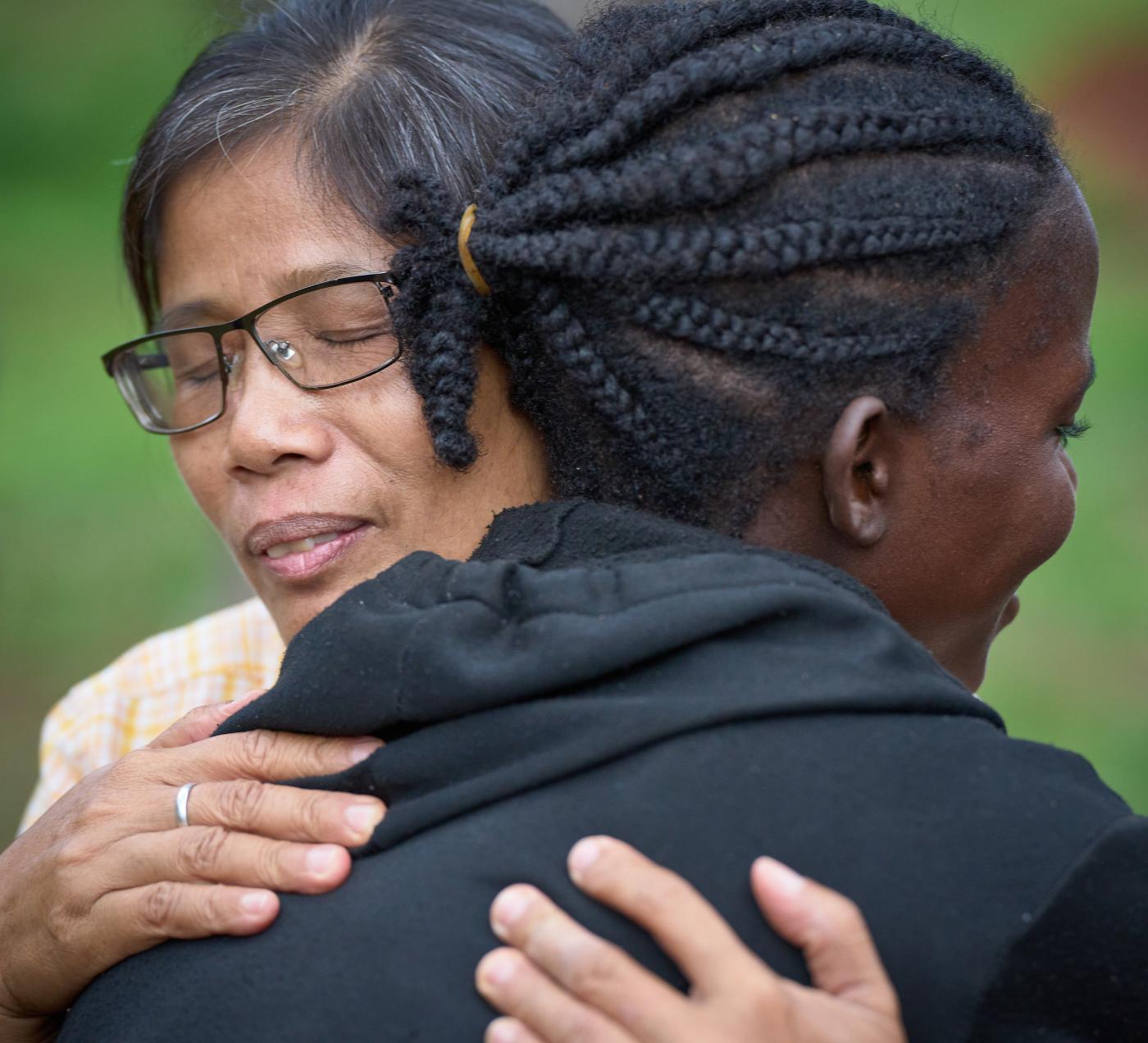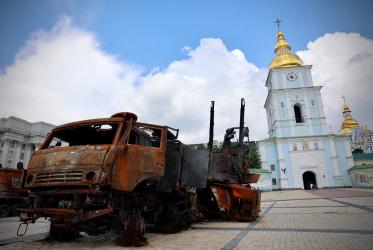The reflections explore how we find our common identity in the experience of God’s love. The specific context of Burkina Faso reflects the need to place love at the centre of the quest for peace and reconciliation.
The introduction to the materials notes that this quest has often been undermined by the loss of values and of a shared sense of humanity and by a diminished concern for the common good, probity, integrity, and patriotism. “The search for reconciliation has also been weakened by spiritual impoverishment and by the pursuit of easy gains,” reads the introduction. “Faced with these realities, the imperative to witness to the love of God is all the more pressing.”
Christians from Burkina Faso developed the local draft for the resources. As is the tradition, it was finalized by an international group representing the Roman Catholic Church’s Pontifical Council for Promoting Christian Unity and the WCC’s Faith and Order Commission. The resources include an ecumenical opening prayer service, biblical reflections and prayers for eight days, and other elements of worship.
Each year ecumenical partners in a different region are asked to prepare the materials.
With roots going back over 100 years, the dedicated octave of prayers has been jointly commissioned and prepared since 1966, after the Second Vatican Council, by the Roman Catholic Church and the WCC.
At least once a year, Christians are reminded of Jesus’ prayer for his disciples that “they may be one so that the world may believe” (see John 17.21). Hearts are touched and Christians come together to pray for their unity. Congregations and parishes all over the world exchange preachers or arrange special ecumenical celebrations and prayer services. The event that touches off this special experience is the Week of Prayer for Christian Unity.
Traditionally the week of prayer is celebrated between the feasts of St Peter and St Paul. In the southern hemisphere, where January is a vacation time, churches often find other days to celebrate it, for example around Pentecost, which is also a symbolic date for unity.
The text is jointly published by the Dicastery for Promoting Christian Unity and the WCC, through the WCC's Commission on Faith and Order, which also accompanies the entire production process of the text. The final material is sent to WCC member churches and Roman Catholic episcopal conferences, and they are invited to translate the text and contextualize or adapt it for their own use.
The materials for 2024 are already available in English, French, German, Spanish, Portuguese, Italian and Arabic.








